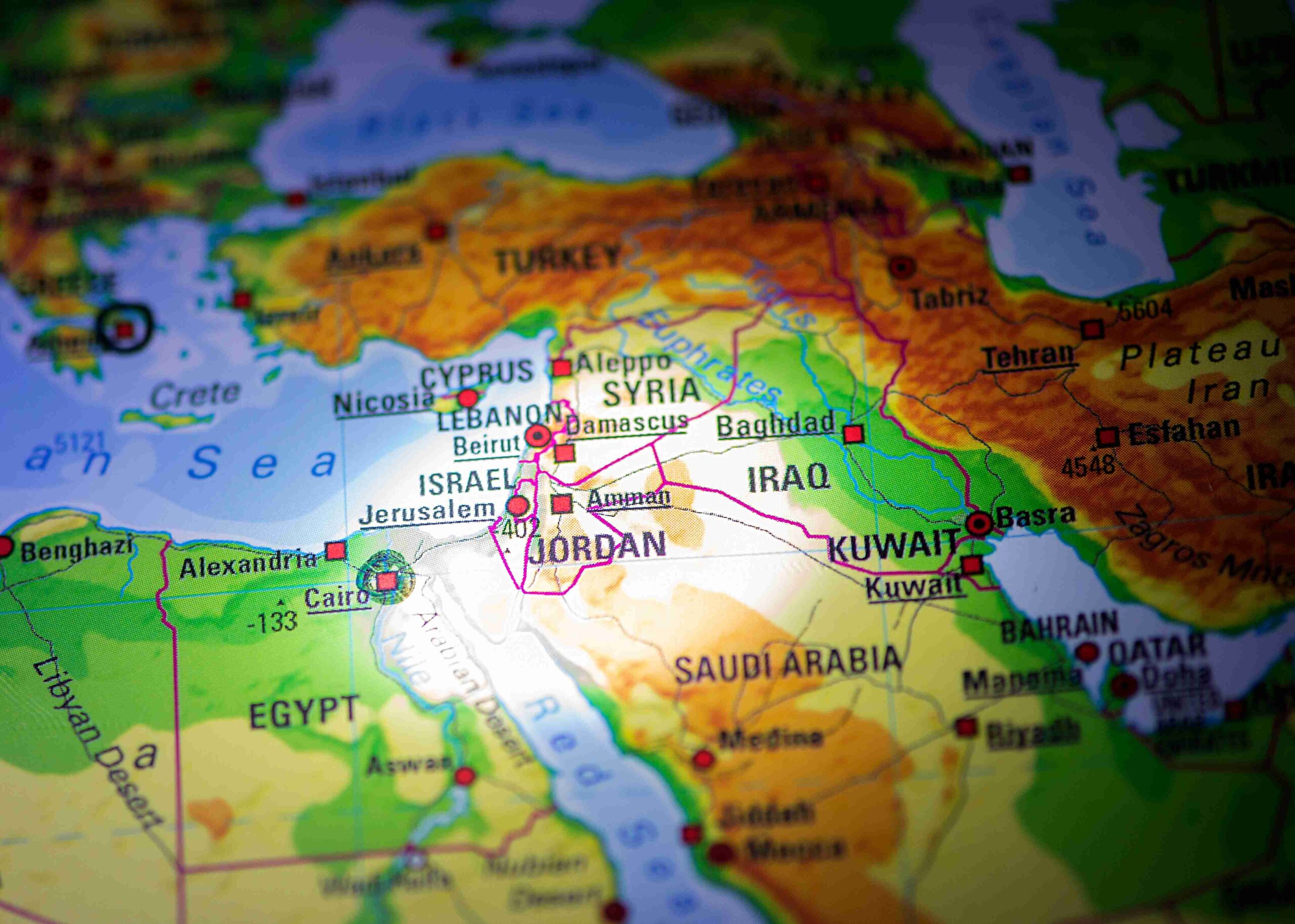The Danger of Walking Away from Syria
Disengaging from foreign conflicts is an attractive idea, especially for a country weary of endless wars. But when it comes to Syria, walking away could create more problems than it solves. The region remains unstable, and without a strategic presence, extremist groups could make a comeback, alliances could shift, and new threats could emerge. A Fragile and Dangerous Situation Syria is still in turmoil. The interim government in charge shows…






